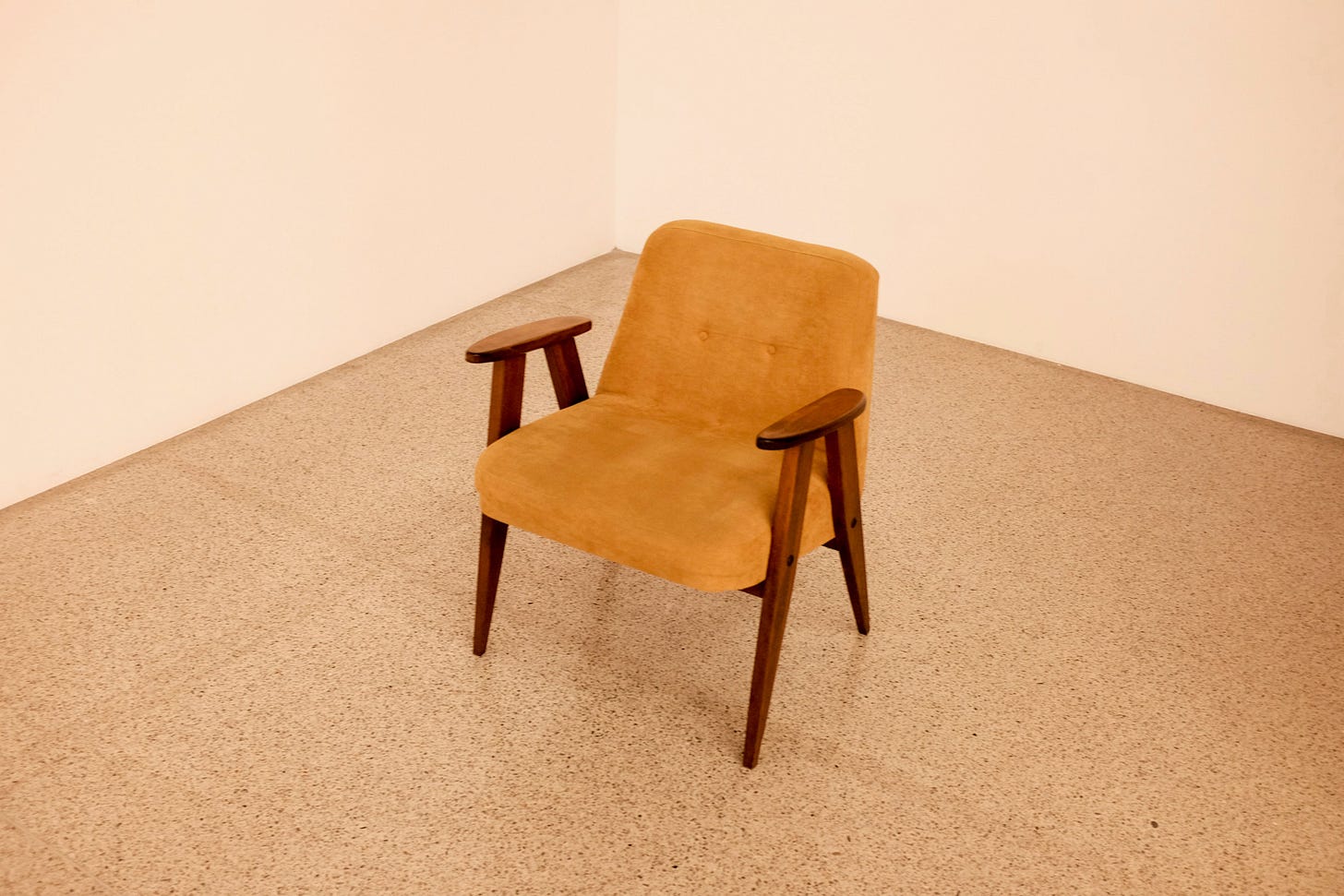
Welcome to Simple and Straightforward, a publication about living simply, sustainably and with intention.
Paid subscribers - listen to this article narrated by me here
I…
Keep reading with a 7-day free trial
Subscribe to This much I know to keep reading this post and get 7 days of free access to the full post archives.




